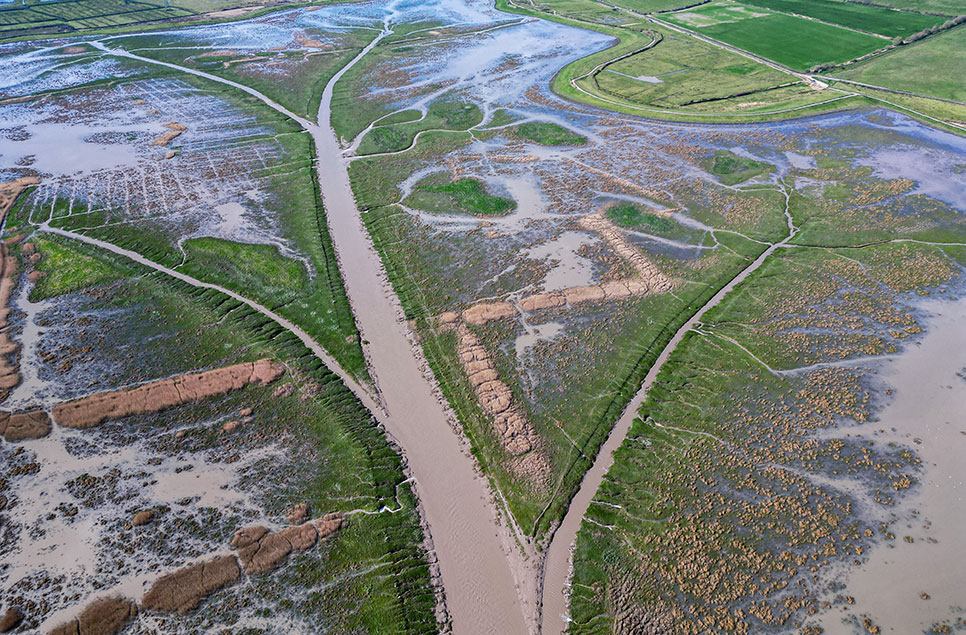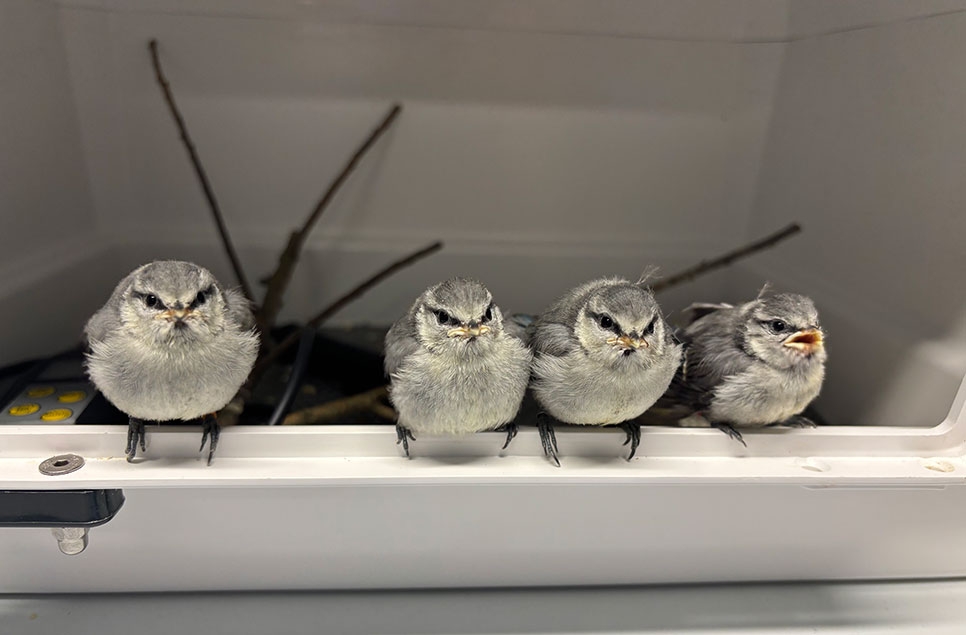Your WWT 2016-17
Your WWT is working hard to create special wetland landscapes that benefit people and wildlife.
Here are just some of the achievements your support made possible in the financial year 2016-17.
Wildlife at wetland centres
Our 10 wetland centres and reserves across the UK attract hundreds of thousands of birds each year as well as other wildlife. In 2016-17 we saw increases in some key species.
- 1,000 – record number of black-tailed godwits at Llanelli as the wetland attracted migrating birds to mingle with resident wild birds
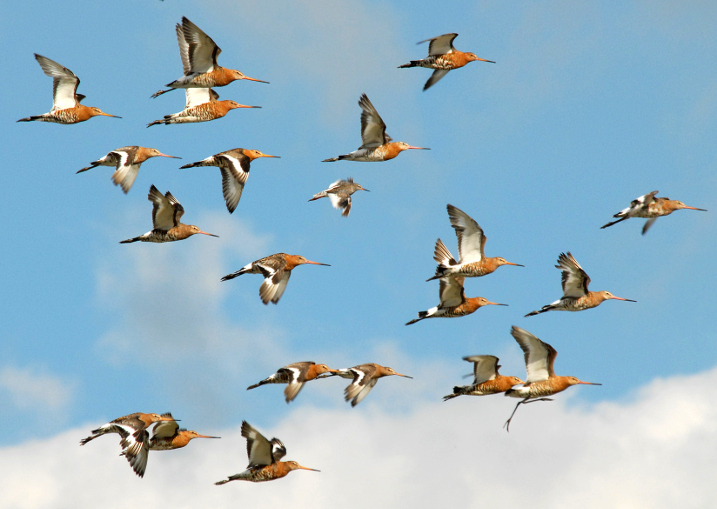
- 800 – black-headed gulls at Castle Espie’s roost which is now the largest on Strangford Lough
- 27 – record number of fledged avocets at Washington, helped by new shingle islands we’ve constructed
- 15 – species of conservation concern found in a survey of Slimbridge’s saltmarshes including the priority species brown-banded carder bee
- 9 – highest number of black-tailed godwit chicks to fledge at Welney since the 1980s, showing how the Lady Fen reserve extension is helping the species hang on in the east
- 5 - record number of marsh harriers roosting at Arundel, attracted by good food supplies in our managed reed beds
Wetlands
WWT manages over 7,000 acres of wetland at our 10 wetland centres and reserves. We are also design, create and work with communities to manage wetlands across the UK and around the world. Here is some of the wetland life we’ve added in 2016-17.
- 900 – hectares of wetland in Hong Kong that WWT Consulting is helping to turn into a wetland park and visitor centre
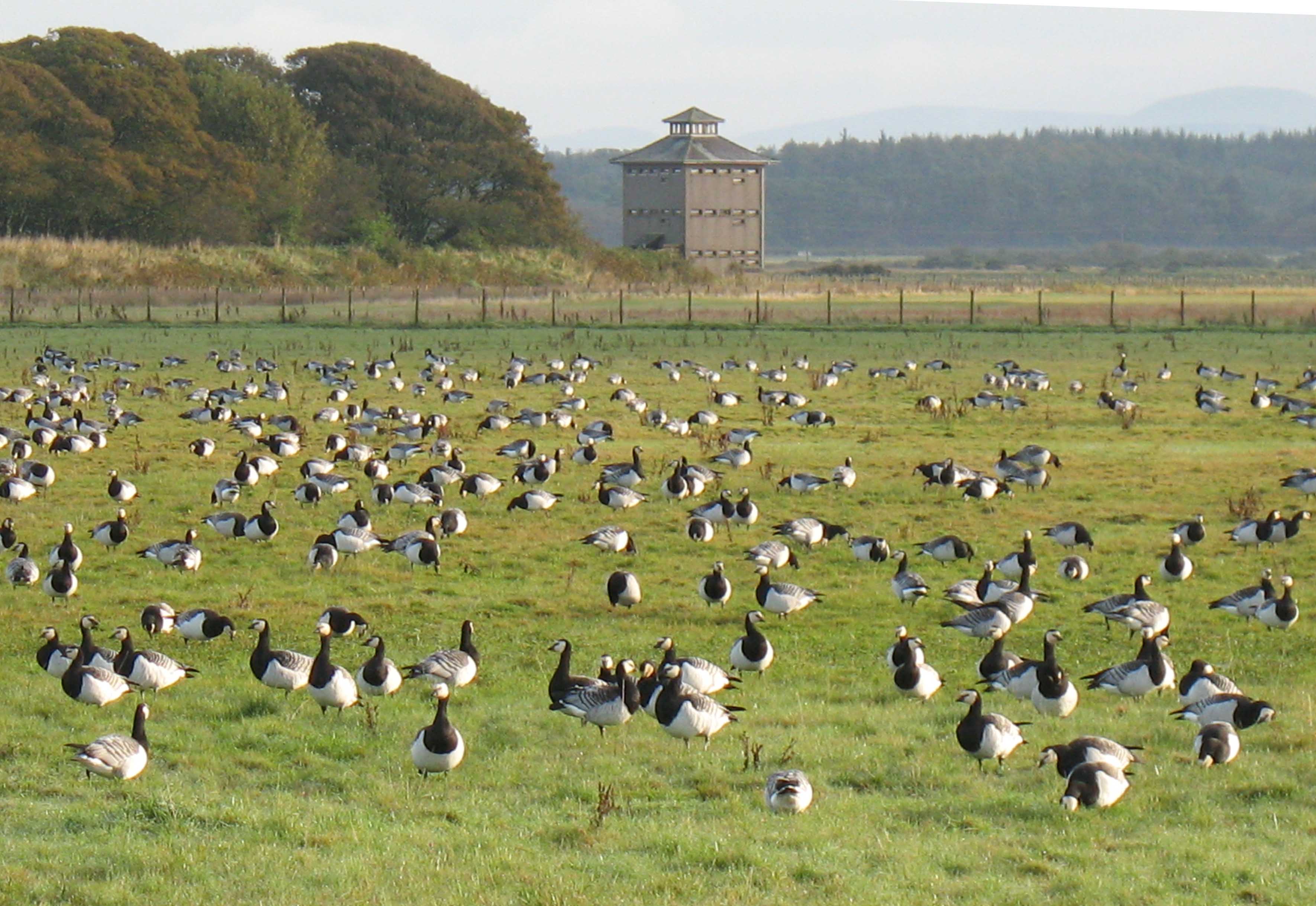
- 30 – metres per year, the rate at which we’ve measured Caerlaverock’s saltmarsh expanding
- 10 – acres of wetland newly accessed through Llanelli’s western scrapes, allowing cattle grazing and volunteers and machinery to manage reedbeds
- 4 – rare breed Dexter cattle introduced alongside the Highland herd at London, to help to sensitively graze the wet grassland
- 1,000 – fish released as part of our community project to restore the Salt Hill stream in Slough
- 85 – plant species used in the new Working Wetland garden at Washington
- 7 – community river restoration projects undertaken by WWT Consulting including the River Irwell in Salford
- 300 – Wetland Link International members – a global network of wetland education centres based at Slimbridge
Wildlife worldwide
We’re committed to saving individual species from extinction. In 2016-17 our researchers and aviculturists have been around the world to find out why they’re declining, and to do something about it.
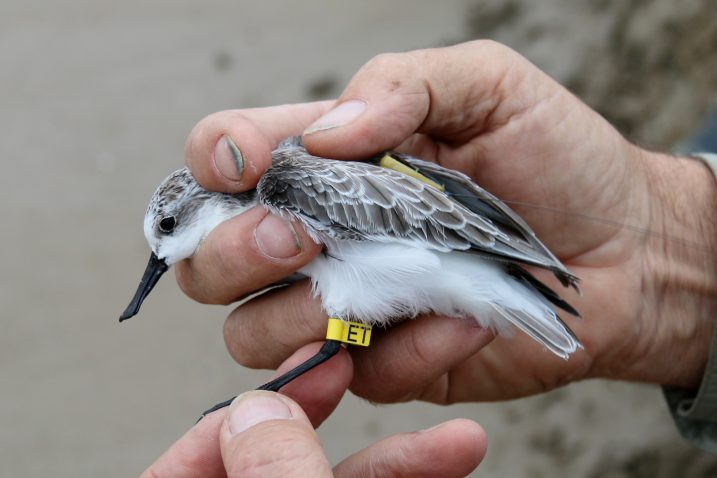 90 – Critically Endangered Madagascar pochard in our breeding facility in Madagascar – about three quarters of the entire species. We plan to start releasing into the wild next year.
90 – Critically Endangered Madagascar pochard in our breeding facility in Madagascar – about three quarters of the entire species. We plan to start releasing into the wild next year.- 30 – spoon-billed sandpipers hatched and released into the wild, our most successful year to date and an estimated 20% of the species’ entire young for the year
- 3 – spoon-billed sandpipers fitted for the first time with mini-satellite tags to see their exact migration movements in real time
- 4 – common scoters re-caught for the first time after being tagged a year ago. We’ve now learned where the UK’s rarest breeding duck migrates each winter
- 3 – Great Crane Project chicks fledged in the wild, making seven wild fledglings to date for the reintroduction project
Flight of the Swans
2016-17 saw WWT’s Sacha Dench become the first solo female paramotorist to fly from Russia to the UK and to cross the English Channel. Her aim was inspire people to love the Bewick’s swans who make this dangerous journey every year and to work together to protect their declining numbers.
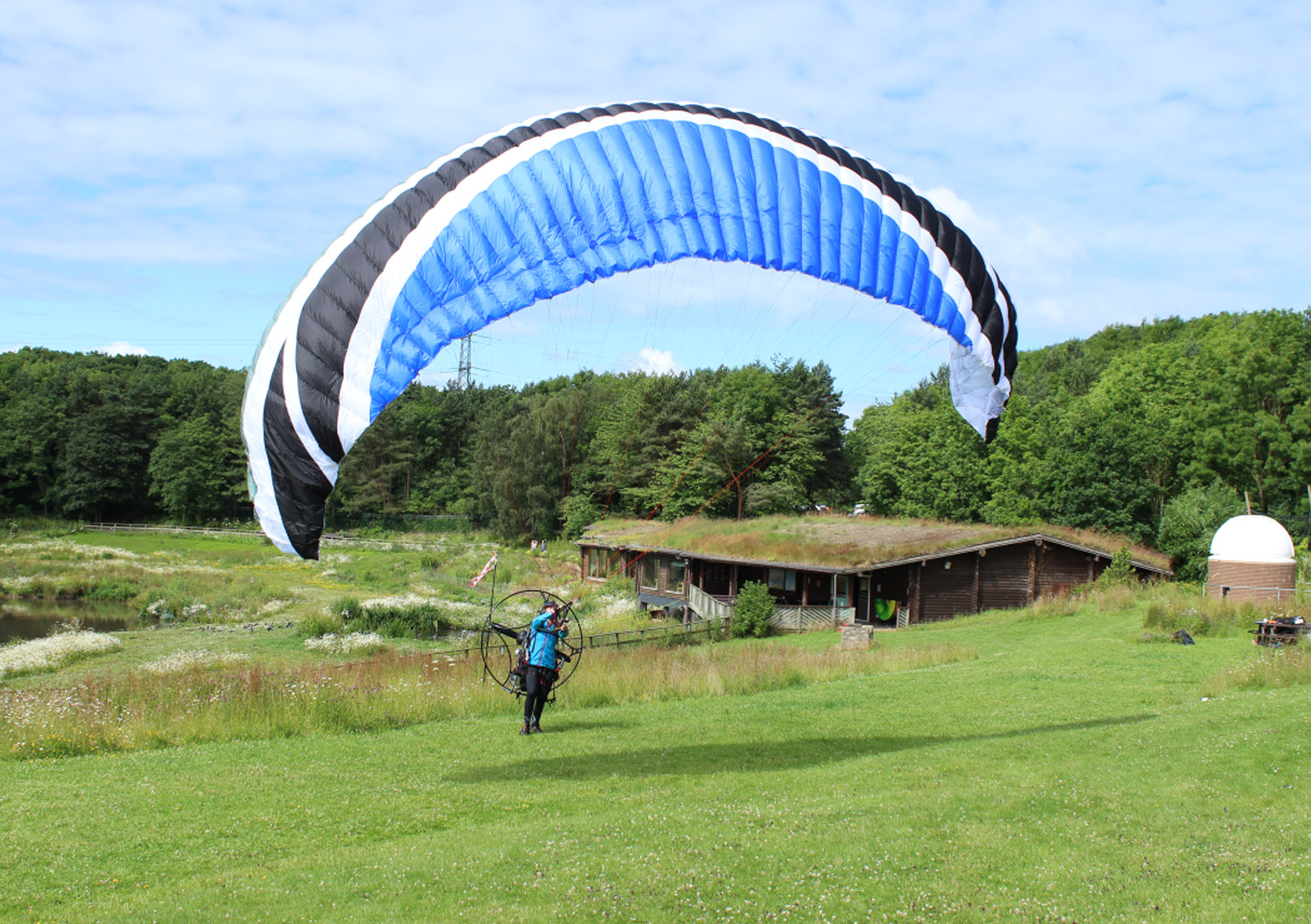 7,000km – distance flown by Sacha – and the swans – across 11 countries from Russia to the UK
7,000km – distance flown by Sacha – and the swans – across 11 countries from Russia to the UK- 700 – articles in the press in which Sacha explained the threats to Bewick’s swans and their wetland homes. We also generated over 1,000 stories on TV and radio.
- 400 - people attended four international scientific events staged along the way, part of a range of events from a barbecue with hunters to a presentation at the European Parliament
- 54 – schools visited by Sacha and the team across Europe, with many more schools relaying letters of support along the flyway
- 14,000 - people saw the coverage and went to our website to sign a petition to protect Bewick’s swans
- 2 – new research partnership sites identified, as well as many other new strands of work including an engagement exercise with up to 50,000 hunters
WWT can’t save and protect wetlands and wildlife by itself. We have to influence decision makers and lead by example. So in 2016-17 we stepped up our political advocacy and sustainability programmes.
Political advocacy
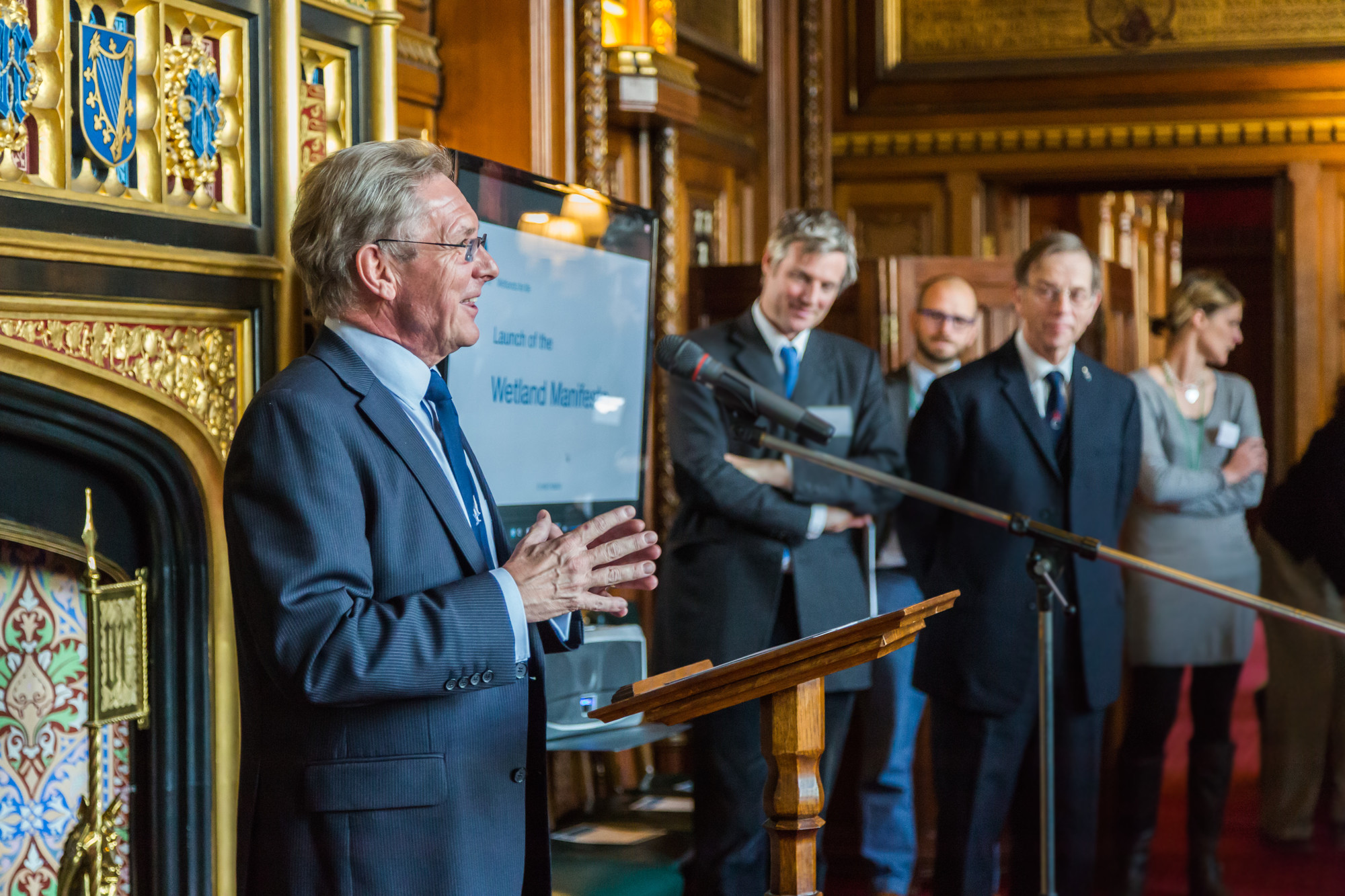 180 – MPs signed the Greener UK pledge to improve the UK’s environment – one of several political initiatives in which WWT plays a key role
180 – MPs signed the Greener UK pledge to improve the UK’s environment – one of several political initiatives in which WWT plays a key role- 6 – organisations formally advising the Ramsar Convention on wetlands, with WWT becoming the sixth global partner
- 3 – WWT policy papers published – two on urban drainage and a wider stall-setter on wetland conservation which was endorsed by all the main opposition parties
Sustainability
- 16% - reduction in our buildings’ carbon footprint since previous year
- 60% - reduction in heating oil use due to two new biomass boilers
- 41% - increase in videoconferencing to reduce travel
- 10 –wetland centres and reserves – all our UK sites – having their toilet waste dealt with by organic treatment systems that turn waste into beautiful plants and wetland ecosystems
A huge thank you to you wonderful people
WWT owes everything it does to its supporters of all kinds including visitors, members, volunteers, staff, funders and you. Thank you to everyone who supported our work in so many ways in 2016-17.
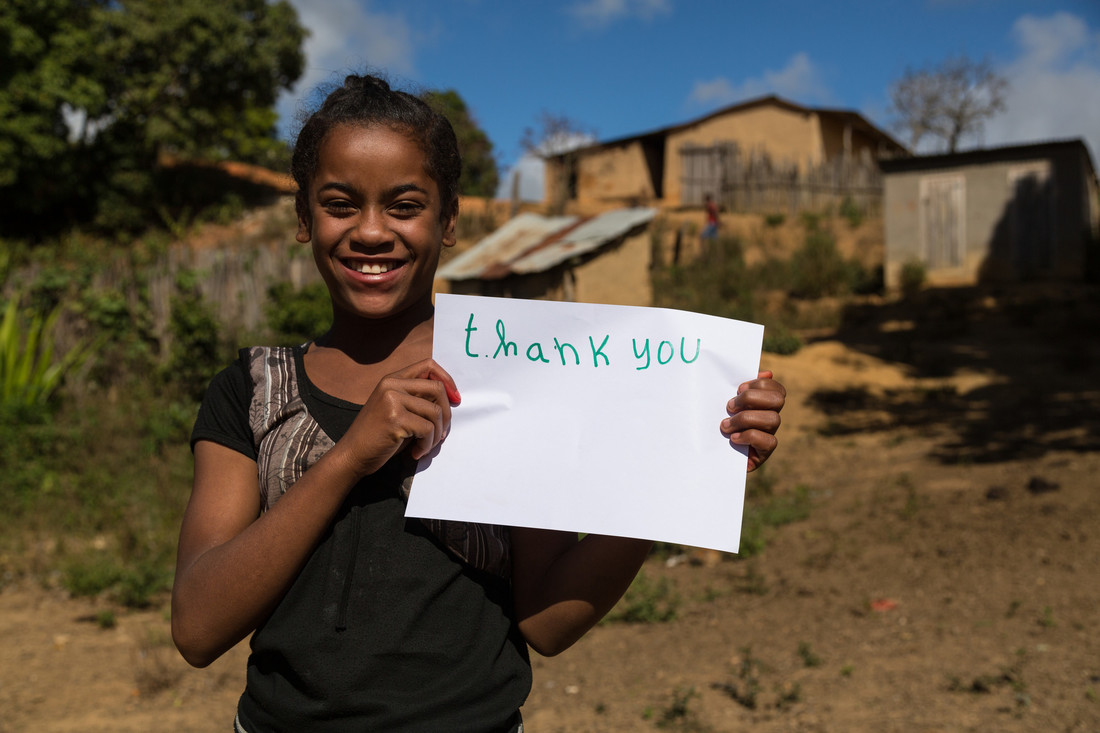 1.1m – visitors, an increase of around 40,000
1.1m – visitors, an increase of around 40,000- 62,000 inspired school visitors – nearly a third for free thanks to HSBC
- 211,000 – WWT members, an increase of 1.6%
- 86.9% - membership retention, that’s amazing
- 198,000 – hours contributed by more than 900 fantastic volunteers, worth an estimated £1.3m
- 96% of staff say they enjoy working at WWT
- Countless! – people in communities from Slough to Tyneside, and Cambodia to Madagascar, who were part of WWT projects to make lives better by making local wetlands better - well done everyone!
